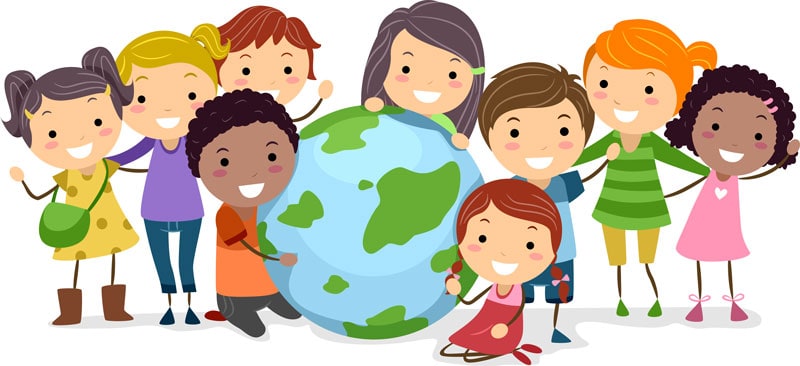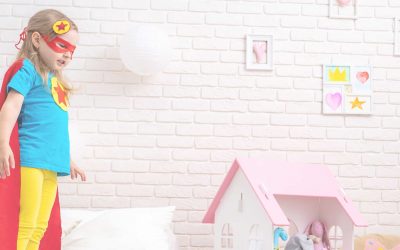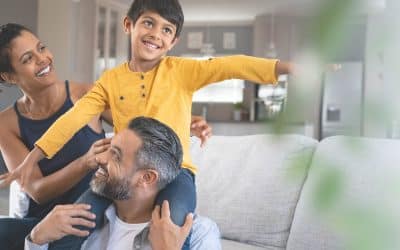Teaching Children About War and Injustice
Should we be teaching children about this difficult topic?
With recent tragedies and political turmoil in Paris, Syria, Beirut and others in recent months, I can’t help but worry about the generation of children growing up right now.
My own children, age 5 and less do not understand what war is.
They understand conflict, for sure. They know they are unhappy, angry or sad when their brother takes their toy. Or when they fall from the monkey bars, or when they don’t get to eat a cupcake for dinner.
But what children in these areas are going through is far worse. That last piece of chocolate cake is not life or death.
How best do we approach teaching children about these events?
Should we shelter them, pretend nothing is amiss?
Or explain to them what is happening in the world in age appropriate ways?
Certainly, we don’t want to scare them. But perhaps it is best for them to understand that we are lucky, more than lucky, to live in a society that is relatively violence-free, at least at the moment.
Should you decide to discuss these awful tragedies with your children, here are a few tips:
 Even young children understand pain and loss.
Even young children understand pain and loss.
Try to find an analogy in their own life to explain the concept of war and violence. Children are not often able to understand abstractions. They may think the answer is simply telling ‘the bad guys’ not to fight, as my 5 year old told me yesterday. It’s more complicated than that.
The good guys don’t always win, at least not right away.
My children have the illusion that the ‘good guys’ always win, as in their games of good versus evil. Sometimes the good guys do win, and sometimes they don’t. Even when good triumphs over evil, people may get hurt along the way.
Wait for an opening.
Whenever possible, try to listen for your own child’s cues that they are curious and ready to talk. If your child hears something on the radio or from a friend or sees a disturbing image on TV, this may be a great time to open dialogue.
Let them lead.
Let your child outline their perception of the issues and concerns before responding. If your child has no concerns or question, open-ended questions may get the ball rolling. For example, if you know they have some awareness of the tragedies, asking, ‘what do you think about what has been going on this week?’ may be a great start.
No judgment.
I hope to teach our children that no matter what they are feeling or thinking, they can be open and honest with us. They can offload with no judgment and with no risk of getting in trouble. No matter how worrisome what your child says, please be open-minded to keep that dialogue open. You are the safest person they can talk to.
Change the focus.
If you are typically ‘anti-war’, try focusing on justice and the reason for military actions. Older kids may understand the concept of democracy. You may not agree with all of your government’s actions, but we have a leader in place to help us make tough decisions, even if you don’t agree 100% with them. Focus on compassion and helpfulness in these difficult times. Relief workers, food drives, providing medicine to injured people, sheltering refugees, the kind acts of medical personnel and firefighters; their acts of bravery and selfishness can teach us all powerful messages.
Get help.
There are some children that may show more negative effects than others. Children that have experienced personal loss may feel more connected to these tragedies. Life experiences such as the death or illness of a loved one, recent divorce, or loss of a pet may have a more difficult time. If your child is highly anxious, sensitive, vulnerable or easily scared, they may show some physical signs of distress including headaches, rashes, stomachaches and trouble sleeping or eating. If this is the case, please see your doctor.
Remain strong, confident and competent.
Your children will remain brave and well adjusted if you do. Model healthy behavior and emotions.
If you are incapacitated with fear, depression, and anxiety, your children will take that in.
They are sponges.
They mirror the responses adults have in their life. Act calm and confident, this will allow your child to recognize that though the world is not perfect, it is typically manageable. You will keep them safe. They need to believe that.
At times like these we need to remember our love for each other and our commitment to our children.
Mine will get extra hugs tonight.











